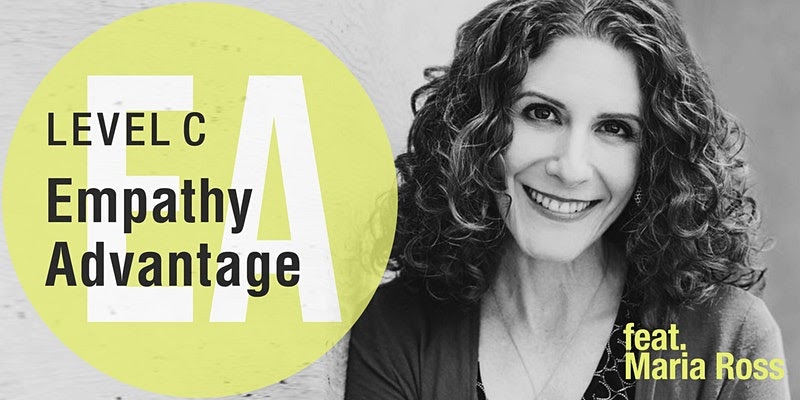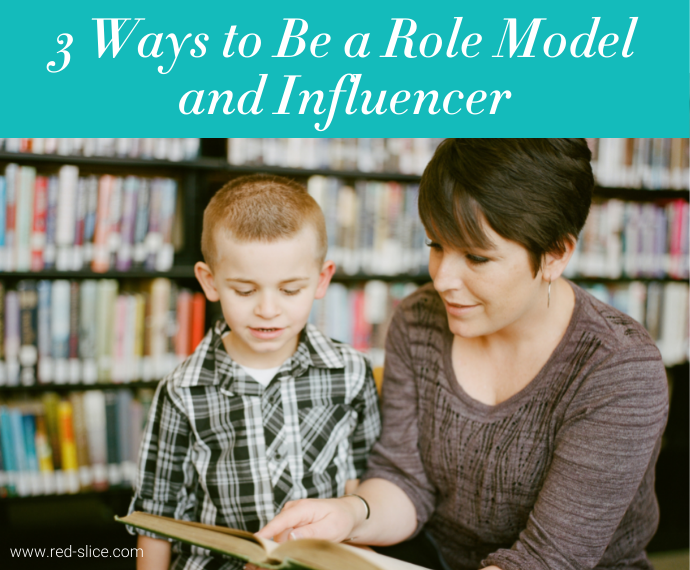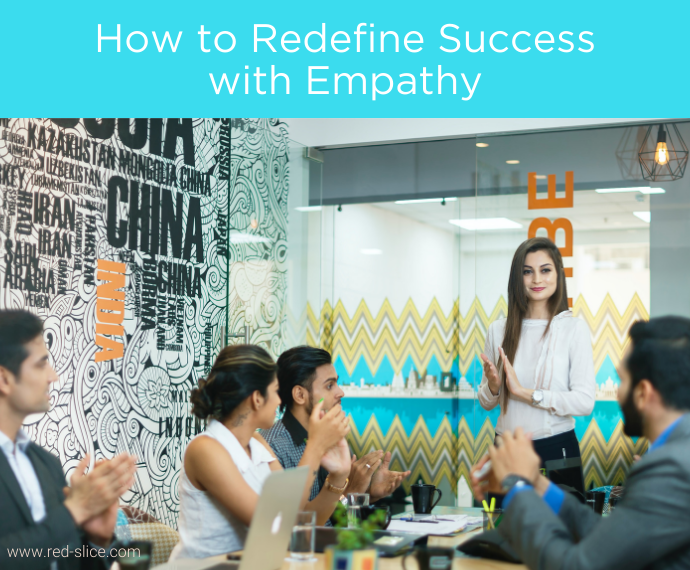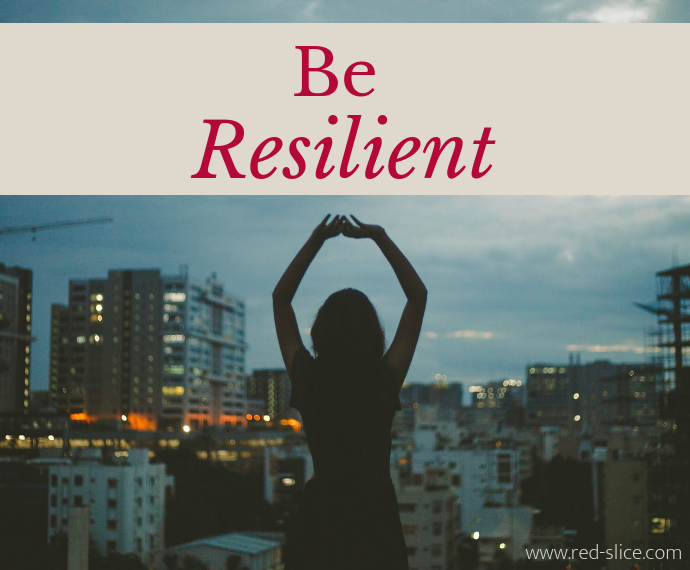
Thought leadership is nothing new. Strong personalities make up the fabric of business success folklore. Henry Ford. Richard Branson. Steve Jobs. Oprah. Sara Blakely. Mark Cuban. Jessica Alba. Tony Hsieh.
Since becoming an entrepreneur in 2008, I have been exposed to so many more of these cult personalities that many folks who still work in corporate life have never heard of. Marie Forleo. Chris Brogan. Gary Vaynerchuk. And further, there are those thought leaders that influence us in the personal development and lifestyle space: Mel Robbins. Lisa Bilyeu. Glennon Doyle. Tony. Robbins.
Influencer marketing may be a fairly new concept, but thought leadership (which I equate as somewhat similar) has been around a long time. It’s a fabulous and authentic marketing tactic. Establish yourself not just as a successful leader in your organization, but as a leader in your industry. Someone who has their finger on the pulse of trends and customer insights.
There are many influencers and thought leaders that inspire me. From whom I learn a lot. But I am very skeptical of those who get elevated to gurus, saviors, and absolute truth-tellers.
It got me thinking about how we decide which influencers we will trust. Which we will follow. I don’t even like the word “follow”as it implies discipleship.
And that is my fundamental problem with many of the “gurus” out there. When I started out in entrepreneurship, I immediately spotted such snake oil salespeople a mile away. They promoted how they knew the “secret” to your business success. If you learn their formula or do things exactly the way they will tell you (for the low, low price of $5,000), you will be able to buy a jet! They planned extravagant conferences, walking onstage to pounding rock music and fire torches going off.
I saw new entrepreneurs, mostly women I have to admit, spending THOUSANDS of dollars they didn’t have to take a short cut promised by the so-called prophet. It made me so angry, I even tried to pitch a Wall Street Journal reporter to do a story on it.
We definitely need influence in our lives. But we have to be more discerning about who those people are, and what we expect from them. So how do you decide who to trust?
I believe it’s wise to avoid experts who raise these red flags:
- Make you pay exorbitant amounts of money to learn their “secrets.”If they can offer a framework, or valuable lessons within a curriculum, that is one thing. But if they start making me think there is some secret shortcut to success or a
“7-figure business”, I keep my guard up. - If their social media feeds are full of acolytes agreeing with every word that drops from their lips – or if followers expect them to have all the answers to the challenges in their own lives, I back away. We should never give anyone else that much power.
- Anyone who encourages people to go into massive debt to fund their dreams. Not responsible. And not sustainable. Just gross. I’ve heard one such current trendy expert tells her “students” that if they don’t go into debt and max out their credit cards, they don’t want it badly enough. Big no for me.
How do I know who to trust? Well, that’s harder for me to put my finger on. I value authenticity, but not manufactured authenticity. It’s kind of like pornography: You know it when you see it. With our eyes wide open, we can tell when someone is genuinely trying to help people or when they are trying to hustle them. I also value those who treat others with kindness, respect, and empathy and don’t believe they are “too good” to talk with them. And I especially value those who you can disagree with and they invite this with curiosity rather than having their authority questioned.
We should always be questioning and conversing, not blindly following supposed influencers or experts. (TWEET THIS!)
No one has all the right answers, and we shouldn’t act like these people are gods. They are human. We can definitely be inspired by them, learn from them, and be open to new perspectives, but do so with our own self-confidence fully intact.
Who do you love to follow and learn from? What makes you trust them? Who do you currently avoid? Would love to know so please DM me on Instagram @redslice.
Photo Credit: Zac Durant on Unsplash


















